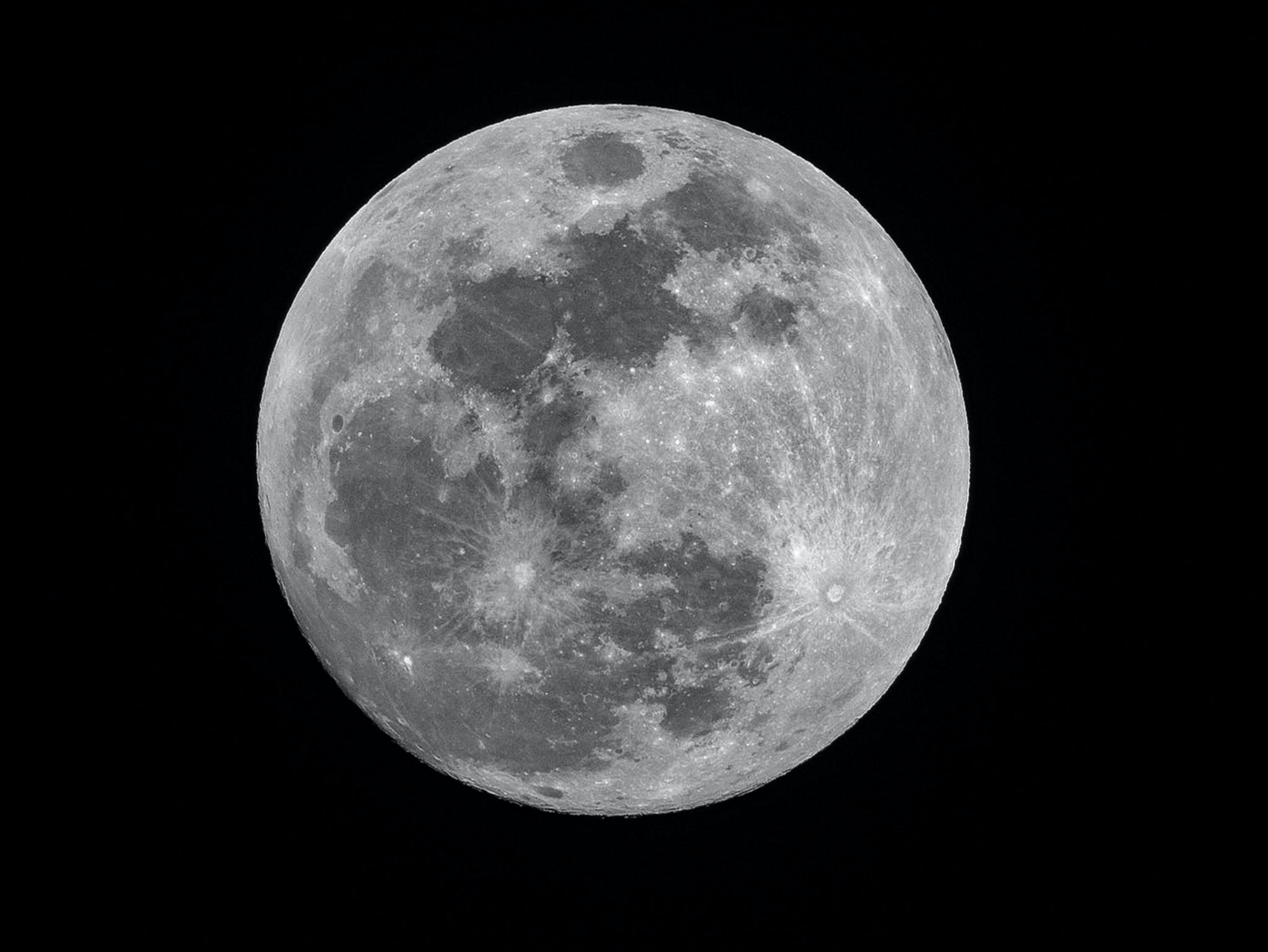The Mahabharata: India’s Sacred Epic
With its rich mythology and profound teachings, the Mahabharata is one of India’s most revered sacred texts. Composed over 2,000 years ago, this epic poem offers deep insight into the complexities of human nature, morality, and the eternal struggle between good and evil. Spanning an incredible 100,000 verses, the Mahabharata not only narrates the story of the eponymous war but also delves into philosophy, spirituality, and the intricate web of human relationships. In this blog post, we will explore the origins, structure, key themes, and enduring significance of this timeless masterpiece.
Origins and Authorship
The origins of the Mahabharata can be traced back to ancient India, specifically the Bharata dynasty. The epic is traditionally attributed to the sage Vyasa, a revered figure in Hindu mythology and the compiler of the Vedas, the foundational texts of Hinduism. Vyasa is believed to have passed on the Mahabharata to his disciple, Ganesha, who acted as the scribe, writing down every verse as Vyasa dictated the epic.
While Vyasa is considered the primary author, the Mahabharata is a product of generations of oral tradition and collective storytelling. It evolved over centuries, with various authors and sages adding their own contributions. This gradual accumulation of narratives and philosophical discourses is what gives the Mahabharata its vastness and complexity.
Structure and Content
The Mahabharata is divided into eighteen books, known as parvas, which consist of individual chapters called adhyayas. The parvas cover a wide range of topics, from genealogies and mythology to ethical dilemmas and profound philosophical discussions. The central narrative revolves around the conflict between two branches of the Bharata family—the Pandavas and the Kauravas.
The story begins with the introduction of key characters and their lineages, often linking them to divine lineages and establishing the intricate web of relationships. The subsequent parvas explore the Pandavas’ upbringing, their exile in the forest, their interactions with sages and deities, and the ultimate culmination in the epic Kurukshetra war.
One of the most famous sections of the Mahabharata is the Bhagavad Gita, a philosophical conversation between the prince Arjuna and Lord Krishna. This dialogue provides profound insights into the nature of duty, righteousness, and the paths to spiritual enlightenment. It stands as a standalone chapter within the larger epic and has been widely praised for its timeless teachings.
Key Themes and Teachings
The Mahabharata is replete with profound philosophical teachings and moral dilemmas that continue to resonate with readers across centuries. Here are some key themes explored in the epic:
- Dharma: The concept of dharma, often translated as duty, righteousness, or moral order, forms a central theme of the Mahabharata. The characters grapple with complex dilemmas, challenging the boundaries of right and wrong, highlighting the significance of adhering to one’s moral duties.
- Karma: Another important concept addressed is karma, the law of cause and effect determining one’s present and future circumstances. The epic emphasizes that actions have consequences and individuals are bound by their past deeds.
- Power and Politics: The Mahabharata offers insights into the nature of power, politics, and governance. It portrays the intricacies of palace intrigues, the pursuit of power, and the consequences of greed and ambition.
- Social Order: The epic provides a comprehensive portrayal of ancient Indian society, reflecting its social hierarchies, caste system, and the duties and responsibilities of different social classes.
- Love and Relationships: The Mahabharata delves into various forms of love and relationships, exploring the bonds between siblings, spouses, parents, and friends. It examines both the beauty and complexities of human connections.
- Spiritual Wisdom: Embedded within the narrative, the Mahabharata imparts profound spiritual teachings and insights. It explores different paths of spiritual practice and the ultimate goal of self-realization and liberation.
Enduring Significance
The Mahabharata holds immense cultural and spiritual significance within India and beyond. Its influence extends to literature, art, theater, and various performing arts forms. The epic has inspired countless adaptations, retellings, and reinterpretations in different regional languages and artistic expressions.
Beyond its artistic and cultural contributions, the Mahabharata continues to be a storehouse of wisdom and guidance for individuals seeking deeper insights into life’s complexities and the eternal quest for truth and righteousness. Its teachings and moral dilemmas are still relevant today, offering readers a profound understanding of human nature and the challenges of living a life of virtue.
To truly grasp the vastness and depth of the Mahabharata, one must explore its verses and immerse themselves in its timeless wisdom. It remains a testament to the power of storytelling as a means to convey profound philosophical and spiritual truths.
References
- Encyclopedia Britannica – “Mahabharata”
- Ancient History Encyclopedia – “Mahabharata”
- Wisdom Library – “Mahabharata”
Table of Contents
